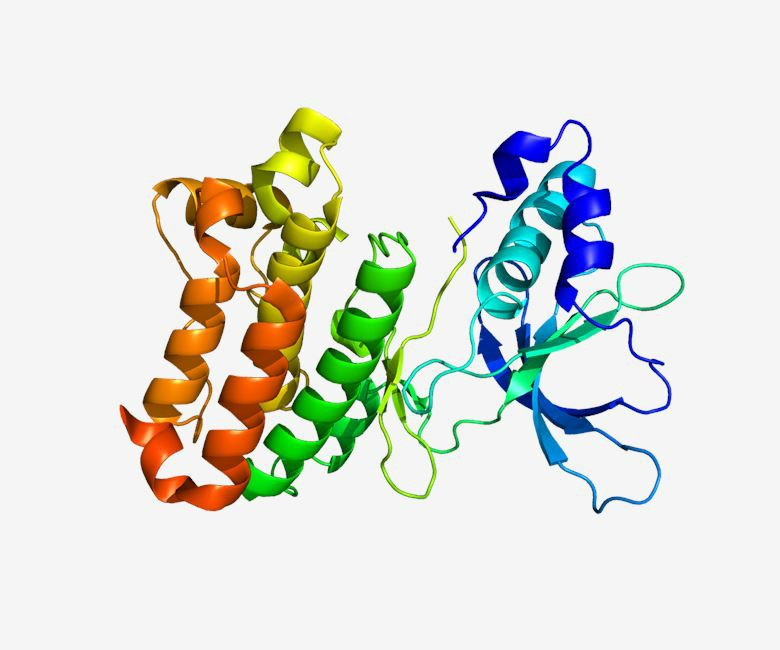EPHA7 and Associated Diseases
Creative Biolabs has rich experience in the field of gene therapy and provides a one-stop custom-oriented service for your research. With our help, your projects for any gene therapy-associated purposes will speed up.
Overview of EPHA7
In humans, ephrin type-A receptor 7 (EPHA7) is a protein encoded by the EPHA7 gene. The ephrin receptors can be divided into 2 groups called EPHA and EPHB by the different affinities to the ligands of ephrin-A and ephrin-B. EPHA7 is a member of the ephrin receptor subfamily, which is belonging to the protein-tyrosine kinase family. The typical characteristics of the receptors of the EPH subfamily are the extracellular region and kinase domain, which contains two fibronectin type III repeats and a Cys-rich domain. The tyrosine kinase domain can bind to the membrane-bound ligands of the ephrin family, resulting in contact-dependent communications between cells. During the developmental events of the nervous system, EPH and EPH receptors are widely implicated.
 Fig.1 The structure of EPHA7. (Wikipedia)
Fig.1 The structure of EPHA7. (Wikipedia)
EPHA7 in Disease
EPHA7 is associated with multiple forms of tumors such as follicular lymphoma and prostate cancer.
- Follicular lymphoma
EPHA7 is a suppressor of follicular lymphoma (FL). EPHA7 is inactivated in 72% of FL. Knockdown of EPHA7 enhances the development of FL in an FL mouse model. A soluble splice variant of EPHA7 can disturb another Eph receptor and inhibit the oncogenic signals. Administration of the soluble EPHA7 can perform an anti-tumor effect in a drug-like style in a xenografted murine model of human lymphomas, which means the soluble EPHA7, as a tumor inhibitor, has a direct therapeutic effect in FL.
- Prostate cancer
Downregulation of EPHA7 is associated with prostate cancer (PC). Decreasing expression or loss of expression of EPHA7 mRNA is detected in PC. Hypermethylation occurs in the promoter of EPHA7 in PC. The EPHA7 protein is absent in PC detected by immunostaining. The promoter of EPHA7 in Human PC cell line DU145 is methylated. Treatment of 5-aza-2’-deoxycytidine to DU145 can rescue the expression of EPHA7. Overexpression of EPHA7 doesn’t influence cell growth but inhibits colony formation in soft agar. In a word, epigenetic inactivation of EphA7 is related to PC.
EPHA7 plays a critical role in the tumorigenesis of many tumor types. Creative Biolabs has won a good reputation in the field of gene therapy in recent years. We are happy to share our experience with your project. Please feel free to contact us for more about your EPHA7 project.
References
- Oricchio, E.; et al. The Eph-Receptor A7 Is a Soluble Tumor Suppressor for Follicular Lymphoma. Cell. 2011, 147: 554–564.
- Guan, M.; et al. Aberrant methylation of EphA7 in human prostate cancer and its relation to clinicopathologic features. Int. J. Cancer. 2009, 124: 88–94.
